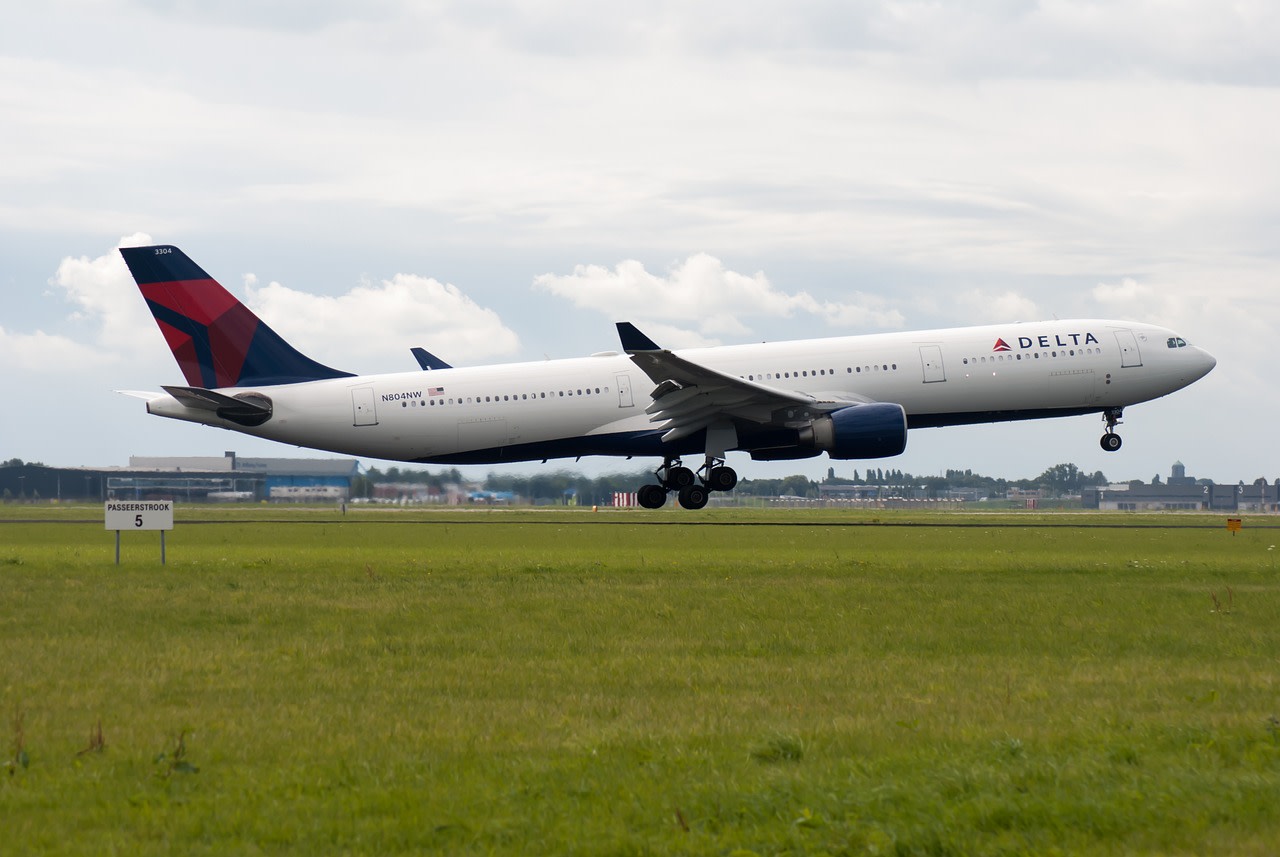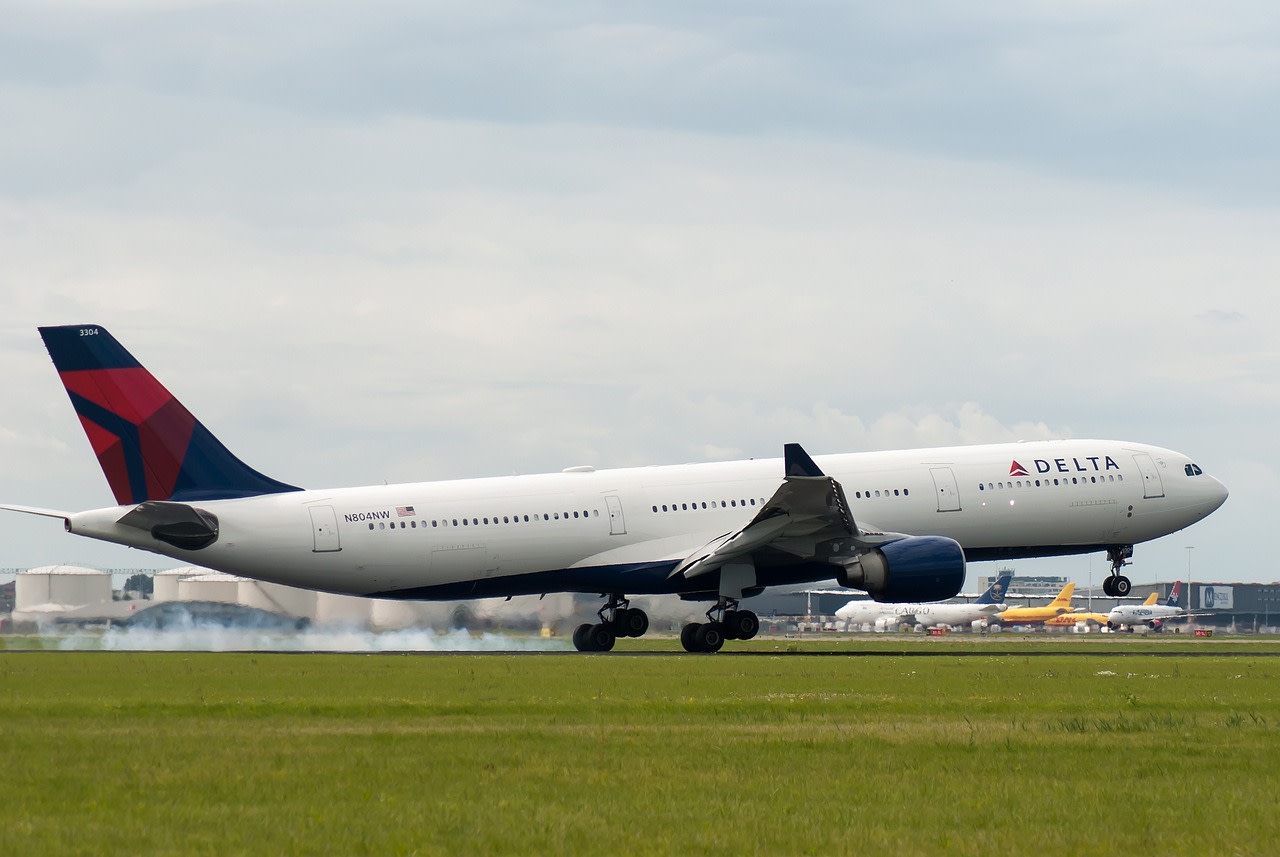Decoding SAF: Fuelling a Greener Aviation Future
Delta Air Lines Inc

Sustainable aviation fuel (SAF) is the most promising lever known today to accelerate progress toward a net zero future.
On its path towards achieving net-zero emissions by 2050, Delta is resolutely committed to enhancing sustainability, recognising its significance not only for the planet's health but also for Delta's enduring commercial triumph.
At present, SAF emerges as the most promising instrument in expediting progress towards a net-zero future. Remarkably, SAF seamlessly integrates with existing fuel infrastructure at airports and proves compatible with current aircraft engines.
Moreover, its implementation holds the remarkable potential to curtail emissions by up to 80%, possibly even resulting in net negative emissions under specific circumstances.
Regrettably, the current availability of SAF falls significantly short of meeting the fuel requirements of global commercial airlines, even for a single day. Furthermore, its cost stands at 2 to 4 times that of conventional jet fuel.
In parallel to investing in SAF for its own aircraft fleet, Delta is diligently labouring to create a demand signal, attract investments, and advocate for policy incentives that can bolster the growth of the market, ensuring all airlines can access economically viable and ecologically sustainable fuels.
Over recent years, Delta's Global Sustainability and Fuel teams have been diligently engaged in stimulating SAF production and encouraging investment. This has been achieved through the signing of offtake agreements with various SAF producers.
These agreements establish Delta's commitment to purchasing SAF from producers upon their production, subject to specified conditions. To date, Delta has inked offtake agreements for a volume exceeding 200 million gallons of SAF, positioning the airline halfway towards its objective of incorporating 10% SAF in flights by 2030.
Nonetheless, Delta recognises the collaborative nature of this endeavour and is actively fostering coalitions spanning the entire SAF value chain. This united effort aims to demonstrate the feasibility of constructing and amplifying SAF production capabilities.
To delve deeper into the subject of SAF and Delta's strategy for fostering the growth of the SAF sector to meet aviation industry requirements, viewers can gain insights from Amelia DeLuca, the Chief Sustainability Officer, in the featured video.
In March 2023, Delta unveiled its forward-looking Sustainability Strategy, delineating the measures the company is undertaking to reduce its carbon footprint across six core sectors: Ground Operations and Facilities, Clean Fuel and the Travel Experience, Supply Chain, Efficient Aircraft Operations, and Revolutionary Fleet.
This video forms part of a comprehensive six-part series that delves into each of these core sectors, providing a tangible portrayal of Delta's ongoing commitment to sustainability in action.
To view and compare company ESG Ratings and Sustainability Reports across sectors, follow our Company ESG Profiles page.
Source: Delta




